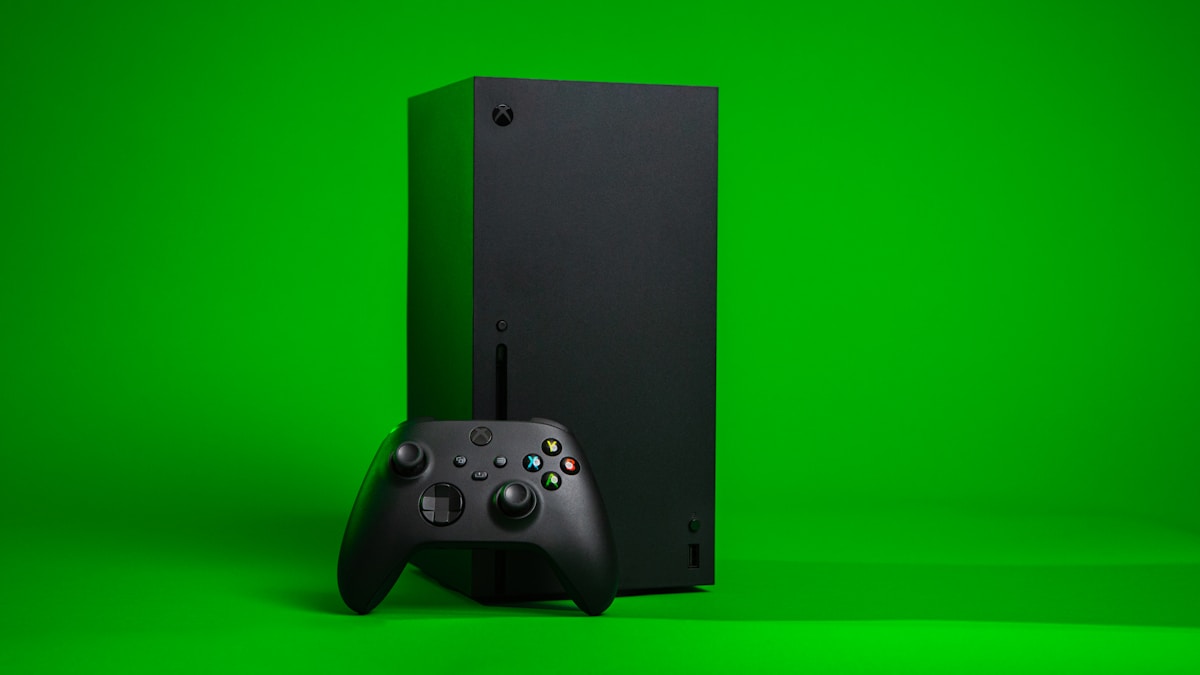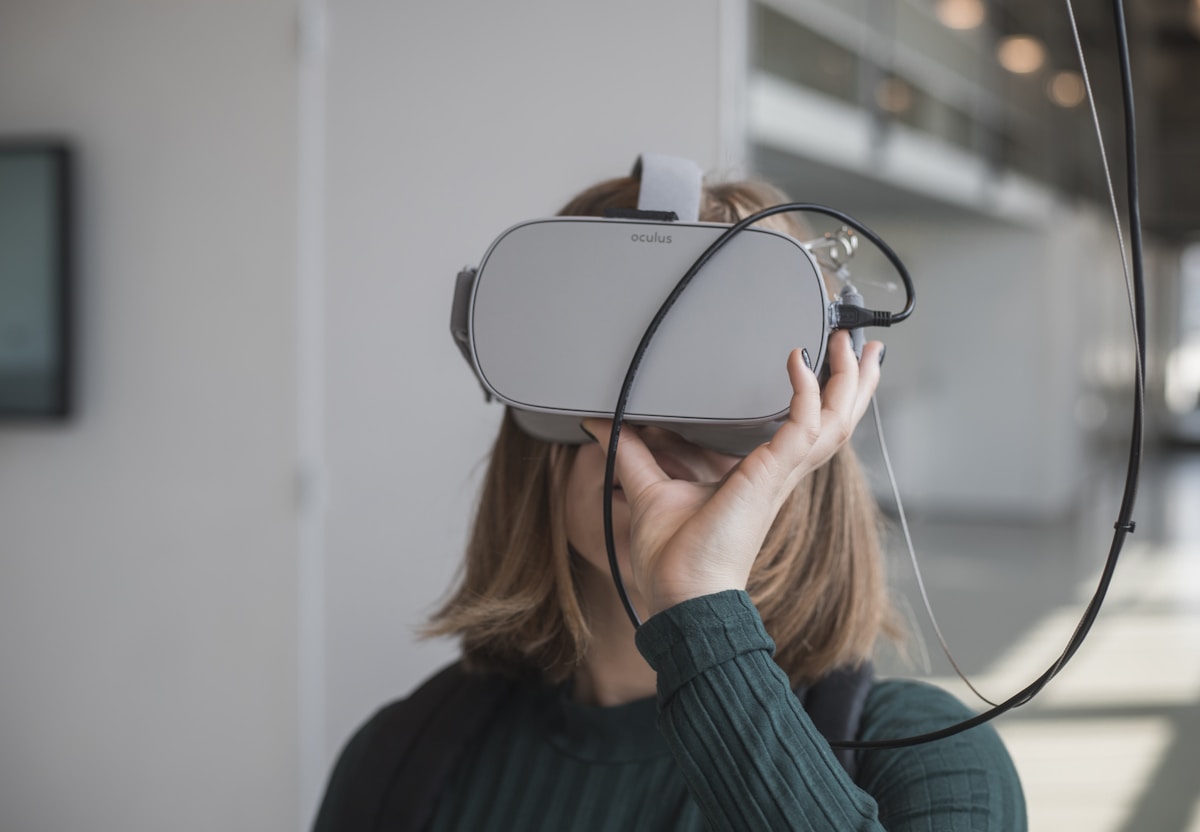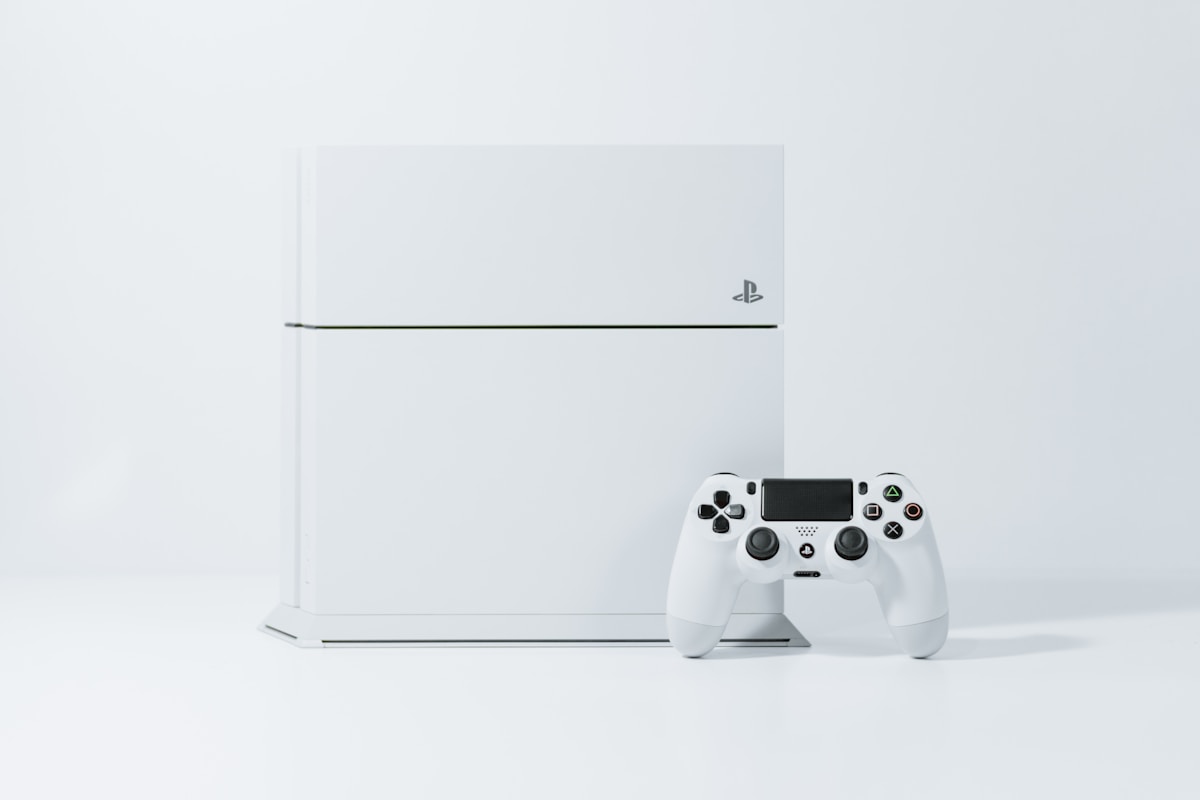The future of Xbox hardware just got cloudier. Industry insider SneakersSO, who accurately leaked Xbox’s third-party strategy earlier this year, claims Microsoft’s plans for next-generation console hardware have shifted from really concrete to up in the air following the most recent wave of layoffs. With major retailers like Costco pulling Xbox consoles from shelves and more stores expected to follow, internal alignment on the hardware roadmap appears to have collapsed.
The Insider Claims Breaking Down
SneakersSO posted details to NeoGAF forums describing internal Xbox rumblings that emerged after layoffs hit Microsoft’s gaming division. According to the leaker, leadership initially targeted a 2026 manufacturing kickoff for 2027 hardware launches meant to compete with PlayStation 6. However, critical steps typically required in the lead-up to a new console generation weren’t being met, and lots of sure things started getting pushed back, suggesting internal consensus has evaporated.
The insider also dropped a concerning detail about upcoming layoffs. Another massive round is apparently scheduled for Q1 2026, matching the scale of previous cuts that gutted studios and cancelled projects. That timeline coincides exactly with when Microsoft would need to finalize manufacturing partnerships and component orders for 2027 hardware launches, creating a perfect storm of uncertainty that makes committing to expensive console production nearly impossible.
The Retail Exodus Begins
Costco’s recent decision to delist Xbox consoles serves as the canary in the coal mine according to SneakersSO. The Costco retailer pulling Xbox, and apparently they are one of many that we’ll learn about soon, told me all I needed to know, the insider wrote. Retailers abandoning Xbox hardware signals catastrophic loss of confidence in the platform’s commercial viability. If stores refuse to dedicate shelf space to Xbox products, Microsoft loses crucial physical presence that drives impulse purchases and mainstream awareness.
The retail situation compounds existing problems. Xbox Series X and S console sales have stagnated quarter over quarter for years while PlayStation 5 continues selling strongly. Game Pass price hikes to 30 dollars monthly make the value proposition harder to justify. First-party exclusives launching on PlayStation and Nintendo platforms eliminate the primary reason to own Xbox hardware. Retailers see all this data and reasonably conclude that dedicating limited retail space to Xbox products no longer makes business sense.
What Microsoft Said Earlier in 2025
The insider claims directly contradict Microsoft’s public messaging from just months ago. In June 2025, Xbox announced a strategic multi-year partnership with AMD to co-engineer silicon across a portfolio of devices. Xbox president Sarah Bond promised the largest technical leap you will have ever seen in a hardware generation. Phil Spencer emphasized innovating and making hardware the differentiator with unique aspects that would unleash the creative capability of the hardware team.
Windows Central’s Jez Corden reported in March that Microsoft’s next-generation hardware plans included a premium successor to Xbox Series X alongside an Xbox gaming handheld and several new controller options, tentatively scheduled for 2027. Project Kennan, an Xbox-branded gaming handheld developed with PC OEM partners, was supposedly targeting late 2025 release. All those plans were described as fully greenlit all the way up to CEO Satya Nadella, suggesting absolute executive commitment.
The Hardware That May Never Launch
If SneakersSO’s information is accurate, Microsoft went from having definitive next-generation plans approved by the CEO to fundamentally questioning whether console hardware has a future at all. That represents a dramatic internal shift in just months. The timing aligns with several devastating data points. Call of Duty: Black Ops 6 sold 82 percent of its US launch copies on PlayStation despite Microsoft owning Activision. Game Pass subscriber growth remained modest despite adding Call of Duty day one. Xbox lost over 300 million dollars by including the franchise in subscriptions instead of selling premium copies.
Those numbers likely triggered emergency strategy sessions at Microsoft. If the 68.7 billion dollar Activision acquisition can’t move the needle on console sales or subscriptions, what possibly could? Investing billions in custom silicon development and manufacturing for hardware that fewer people want to buy becomes indefensible. Upper management may have seen metrics showing that competing with another generation of traditional consoles is a losing proposition financially.
The Publisher Pivot Accelerates
Microsoft’s shift toward becoming a third-party publisher makes more business sense every quarter. Putting Xbox games on PlayStation and Switch reaches exponentially more players than the shrinking Xbox console install base. Sea of Thieves sold millions on PlayStation. Hi-Fi Rush found new audiences on Nintendo platforms. Starfield is coming to PS5. Indiana Jones and the Great Circle launches multiplatform. Every Xbox exclusive that goes multiplatform generates revenue that staying console-exclusive would have sacrificed.
From Microsoft’s perspective, why dump billions into manufacturing consoles when the games division can simply become the world’s largest third-party publisher overnight? They own Call of Duty, World of Warcraft, Overwatch, Diablo, Candy Crush, Elder Scrolls, Fallout, Doom, Halo, Gears of War, Forza, and dozens more massive franchises. Publishing those games everywhere maximizes profit without the capital risk of hardware production. The math increasingly favors abandoning console manufacturing entirely.
What This Means for Competition
If Xbox exits traditional console hardware, PlayStation becomes the only major manufacturer of dedicated gaming boxes outside Nintendo’s hybrid approach. Zero competition in that space creates enormous problems. Sony would have no incentive to keep PlayStation prices competitive, improve services, or innovate features. Monopolistic behavior becomes inevitable when competitors disappear. We’ve already seen PlayStation raising console prices multiple times with PlayStation 5 Pro launching at 700 dollars without a disc drive.
The PC gaming handheld market offers some alternative, but those devices serve different audiences than traditional consoles. Steam Deck, ROG Ally, and Legion Go target enthusiasts comfortable navigating Windows and PC gaming ecosystems. Mainstream consumers who want plug-and-play experiences have fewer options if Xbox disappears from retail entirely. Nintendo fills part of that gap, but the Switch 2’s hardware specs won’t compete with PlayStation’s power for demanding AAA games.
Could Microsoft Still Course Correct
Plans going from definitive to up in the air doesn’t necessarily mean dead. Microsoft could reverse course again if new data emerges showing viable paths forward for console hardware. The company has reversed major decisions before, from Xbox One’s always-online requirement to undoing studio closures like Tango Gameworks. Internal debates about hardware strategy could swing back toward commitment if executives find compelling arguments for continuing console production.
However, the retail exodus makes recovery much harder. Convincing Costco and other major chains to stock Xbox consoles again after delisting them requires demonstrating dramatically improved sales potential. That’s nearly impossible when the underlying issues driving poor console sales, lack of exclusives, Game Pass cannibalization, multiplatform strategy, continue unchanged. Microsoft would need to fundamentally alter its gaming business model to make retail partnerships viable again.
The AMD Partnership Wrinkle
June’s announcement of Xbox’s strategic partnership with AMD to co-engineer custom silicon complicates the narrative. If Microsoft truly questioned console hardware viability, why publicly commit to multi-year silicon development partnerships just months earlier? Either the partnership announcement was premature, the situation deteriorated faster than expected, or AMD’s involvement extends beyond traditional consoles into other hardware categories like handhelds or streaming devices.
Tom Warren from The Verge previously reported that Microsoft explored allowing third-party OEMs like HP, Lenovo, and ASUS to manufacture Xbox-branded devices. That approach mirrors how Windows licensing works, transforming Xbox from specific hardware into a platform multiple manufacturers can build around. AMD silicon could power those partner devices even if Microsoft abandons first-party console manufacturing, preserving the partnership while killing traditional Xbox hardware.
Frequently Asked Questions
Is Microsoft cancelling the next Xbox console?
According to insider SneakersSO, Microsoft’s plans for next-generation Xbox hardware have shifted from being really concrete to up in the air. This suggests the company is reconsidering whether to proceed with traditional console development, though nothing has been officially cancelled.
Why are retailers stopping Xbox console sales?
Costco recently delisted Xbox consoles, and insiders claim more major retailers will follow. Poor sales performance, stagnating install base, and Microsoft’s multiplatform strategy apparently convinced retailers that dedicating shelf space to Xbox products no longer makes business sense.
When was the next Xbox supposed to launch?
Previous reports suggested Microsoft targeted 2026 for manufacturing kickoff with 2027 launches to compete against PlayStation 6. Those plans are now uncertain according to the latest insider claims.
Did Microsoft announce next-gen Xbox hardware?
Microsoft announced a partnership with AMD in June 2025 to co-engineer custom silicon for future Xbox devices. Xbox president Sarah Bond promised the largest technical leap in a hardware generation, but no specific consoles have been officially revealed.
Will there be another Xbox console after Series X?
That’s currently uncertain. While Microsoft previously committed to next-generation hardware publicly, insider sources now claim internal plans have become up in the air following layoffs and retail challenges.
Is Xbox becoming a third-party publisher?
Microsoft is increasingly publishing Xbox games on PlayStation and Nintendo platforms. Titles like Sea of Thieves, Hi-Fi Rush, and Indiana Jones and the Great Circle are going multiplatform, suggesting a shift toward becoming a third-party publisher regardless of hardware decisions.
What happens to Xbox if they stop making consoles?
If Microsoft exits console manufacturing, they would likely focus entirely on being a third-party game publisher and Game Pass provider across multiple platforms. Their massive library of franchises from Activision, Bethesda, and Xbox Game Studios would continue generating revenue without hardware production costs.
Conclusion
Microsoft’s next-generation Xbox plans going from concrete to uncertain in just months reflects how rapidly the gaming landscape is shifting. Poor console sales, retail abandonment, multiplatform expansion, and disappointing Game Pass results apparently convinced leadership to reconsider whether investing billions in custom hardware makes sense anymore. Whether this represents a temporary crisis of confidence or the beginning of Xbox’s full transformation into a third-party publisher remains unclear. What is certain is that the traditional console war between Xbox and PlayStation appears closer to ending than continuing, with profound implications for the entire gaming industry.



